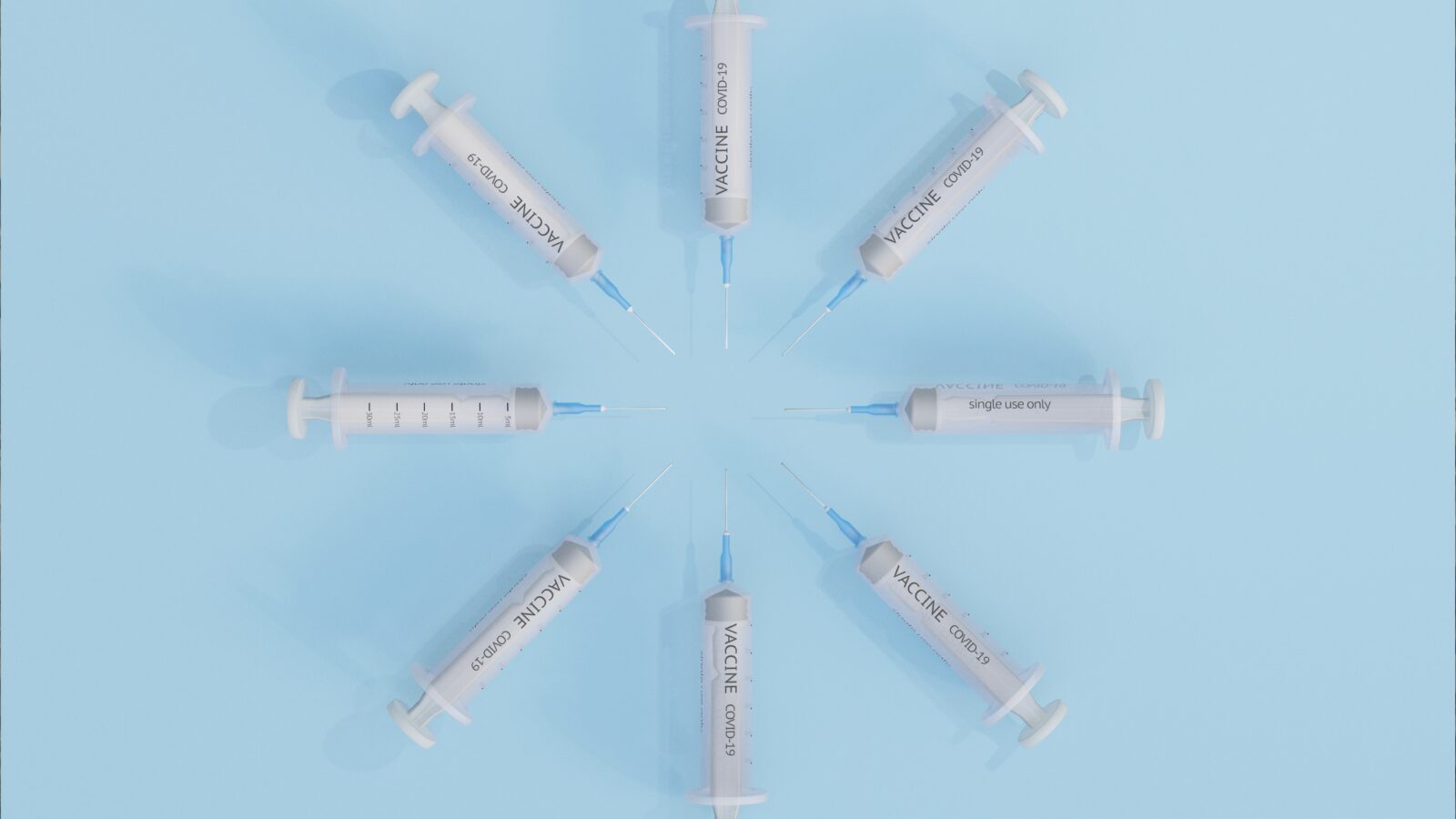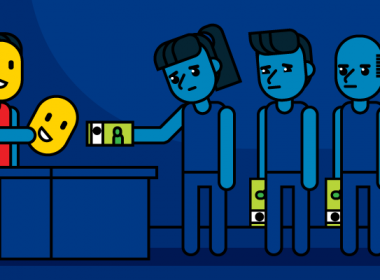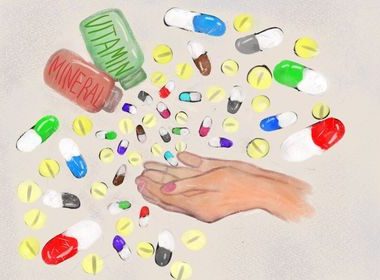As the COVID-19 pandemic continues into its eighth month, developments in the search for a potential vaccine have fueled hopes of a return to relative normalcy. Over 100 potential vaccine candidates are currently in various stages of human clinical or animal preclinical trials, as private companies and university researchers compete for billions of dollars of government funding. However, widespread focus on the search for a single solution is unrealistic and deeply harmful to the perennial struggle against infectious diseases.
Protecting people from a virus on a large scale depends on a concept known as herd immunity, in which a large enough portion of the population develops resistance to a disease to stop it from spreading. Herd immunity typically requires 70 to 90 per cent of the population to become immune, either through infection or vaccination. In the case of COVID-19, however, the exact threshold is still unknown. This is complicated by the fact that immunity to coronaviruses such as the one that causes COVID-19 does not typically last very long. Immunity to the coronaviruses that cause the common cold usually lasts a year or two at most.
In addition to vaccine efficacy, reaching herd immunity will require public trust. Recent polling suggests that only three out of four Canadians are willing to receive a COVID-19 vaccine. Additionally, a growing anti-vaccination movement has questioned the government’s ability to widely distribute a vaccine. As recent anti-mask protests in Montreal and across Canada have shown, a small portion of the population is not only losing trust in its government, but is proud to display their beliefs. How the government handles current public concerns is essential to the process of building trust in the vaccine it will eventually endorse.
Distrust of foreign governments and private companies is another common barrier to vaccine development. Russia’s vaccine claims have been met with controversy, with many scientists voicing significant safety concerns. Pharmaceutical giant AstraZeneca has recently resumed testing its vaccine candidate following one participant’s unexplained illness that forced the trial to abruptly pause in early September. However, AstraZeneca has not always been transparent with their research practices. The company spent multiple years concealing significant risks concerning an antipsychotic drug it produced prior to its approval for use in the United States. Governmental failure in ensuring the safety of medical treatments is harmful to public trust in their ability and dedication to protect their citizens’ health.
Once a vaccine for COVID-19 is successfully approved and distributed, the risk of the next major disease outbreak remains. The current pandemic is not a random occurrence, but rather part of a recurring pattern threatening humanity’s safety and well-being.
Multiple epidemics have occurred over the past decade, including the 2013-2016 outbreak of Ebola virus in West Africa and the 2013-2019 outbreak of avian flu that affected parts of Eastern China. These threats come mainly from an increase in human contact with wild animal populations. Mining and logging camps, the wild bushmeat trade, and deforestation all put workers in close proximity to wild animal populations, increasing their risk of contracting new diseases.
Preventing the next pandemic is possible, but it will require significant changes to how companies exploit natural resources, the tightening of regulations on the global wildlife trade, and continued support for communities that rely on wildlife as an essential food source.
Governments are responsible for gaining the trust of their citizens and cooperating on an international scale to regulate the corporate exploitation of the planet. Protecting humanity from this pandemic and future ones is crucial, and it will require leaders in healthcare and governance to prioritize human life over private profit.









